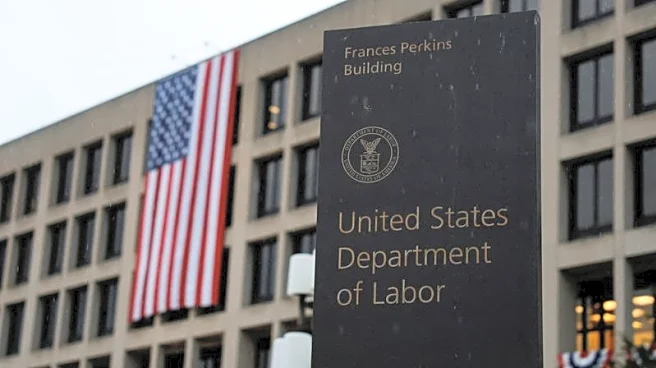What's Happening?
Mary Brunkow, Fred Ramsdell, and Shimon Sakaguchi have been awarded the 2025 Nobel Prize in Physiology or Medicine for their groundbreaking work on peripheral immune tolerance. Their research has significantly advanced the understanding of how the immune system is regulated to prevent autoimmune diseases while still effectively combating pathogens. The Nobel Assembly at Sweden's Karolinska Institute recognized their contributions, which have laid the foundation for new treatments for cancer and autoimmune diseases. The laureates will receive a prize of 11 million Swedish crowns and a gold medal.
Why It's Important?
The discoveries by Brunkow, Ramsdell, and Sakaguchi have profound implications for medical science, particularly in the fields of immunology and oncology. By elucidating the mechanisms of immune tolerance, their work paves the way for developing therapies that can modulate the immune system to treat autoimmune diseases and enhance cancer immunotherapy. This could lead to more effective treatments with fewer side effects, improving the quality of life for patients with these conditions. The recognition of their work by the Nobel Prize underscores the importance of basic scientific research in driving medical advancements.
What's Next?
Following this recognition, further research is expected to build on the laureates' findings to develop new therapeutic strategies. Pharmaceutical companies and research institutions may increase investment in immune tolerance research, potentially leading to clinical trials and new drug developments. The award may also inspire young scientists to pursue careers in immunology, fostering innovation and discovery in the field. Additionally, the Nobel Prize highlights the need for continued support of fundamental research to address complex health challenges.










